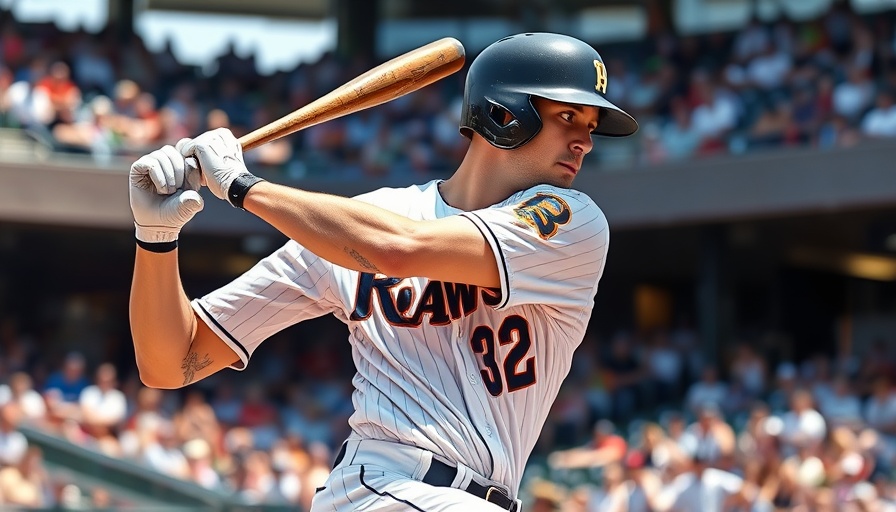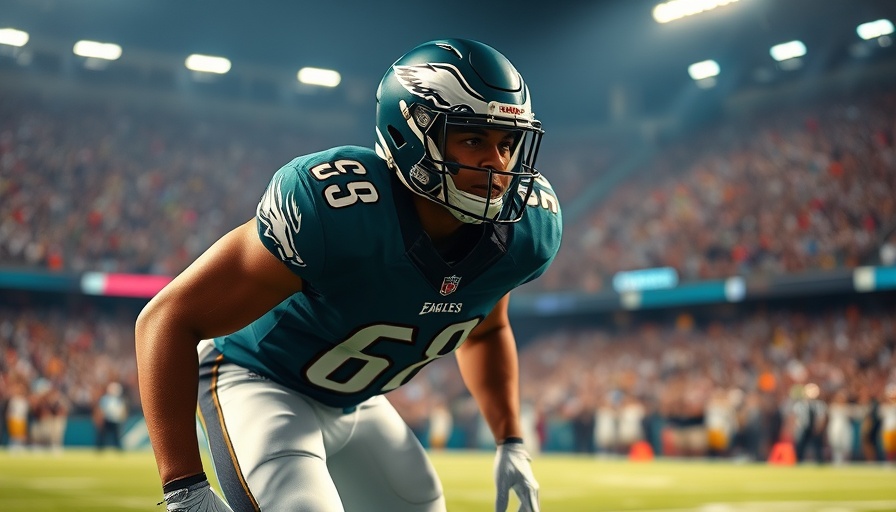
Injury Woes: Bryce Harper's Caution Pays Off
As the Philadelphia Phillies gear up for a crucial series against the Milwaukee Brewers, the spotlight remains on star player Bryce Harper, who has yet to swing a bat after suffering a painful elbow injury. Harper was hit by a fastball from Spencer Strider, leading to his absence for three consecutive games—testament to the team's cautious approach in prioritizing his health over immediate performance.
Understanding Harper's Decision: The Bigger Picture
In a candid conversation with reporters, Harper emphasized that while the pain is still present, he believes that a stint on the injured list isn't necessary at this stage. This decision reflects not only Harper’s resilience but also the evolving landscape of sports injuries and the importance of taking time to recover. In a league where speed and power define the game, this conservative approach signifies a shift towards fostering long-term player health rather than risking exacerbation of injuries.
The Emotional Impact on Fans
For the top wage earners in Philadelphia who passionately rally behind Harper and the Phillies, these moments hit home. Fans are left wondering how their team's dynamics change in the absence of a leader like Harper. It evokes a sense of vulnerability—how much can the team withstand without its key players? As someone who has shaped the team's identity on and off the field, Harper's temporary exit cultivates a complex emotional landscape among the fanbase, blending disappointment with hopeful anticipation for his return.
The Future: What’s Next for Harper and the Phillies?
Moving forward, Harper’s strategic decision to don an elbow guard when he returns may well set precedence in how players protect themselves against injuries in such an aggressive sport. The fact remains, the Phillies will continue to navigate their lineup without him, relying on players like Alec Bohm to step up until their star is back in action. The overall health of key players like Harper remains crucial not only for the team’s current standings but also for the broader narrative of the baseball season.
As the games unfold, fans should keep a close eye on Harper's journey to recovery. Understanding his decision-making will not only transform how we view the player but also the game itself—pushing the dialogue towards compassion and foresight in sports injuries.
For those invested in the sport, Harper's sidelining is more than just another statistic—it's a reminder of the human element in athletic competition.
 Add Row
Add Row  Add
Add 




Write A Comment